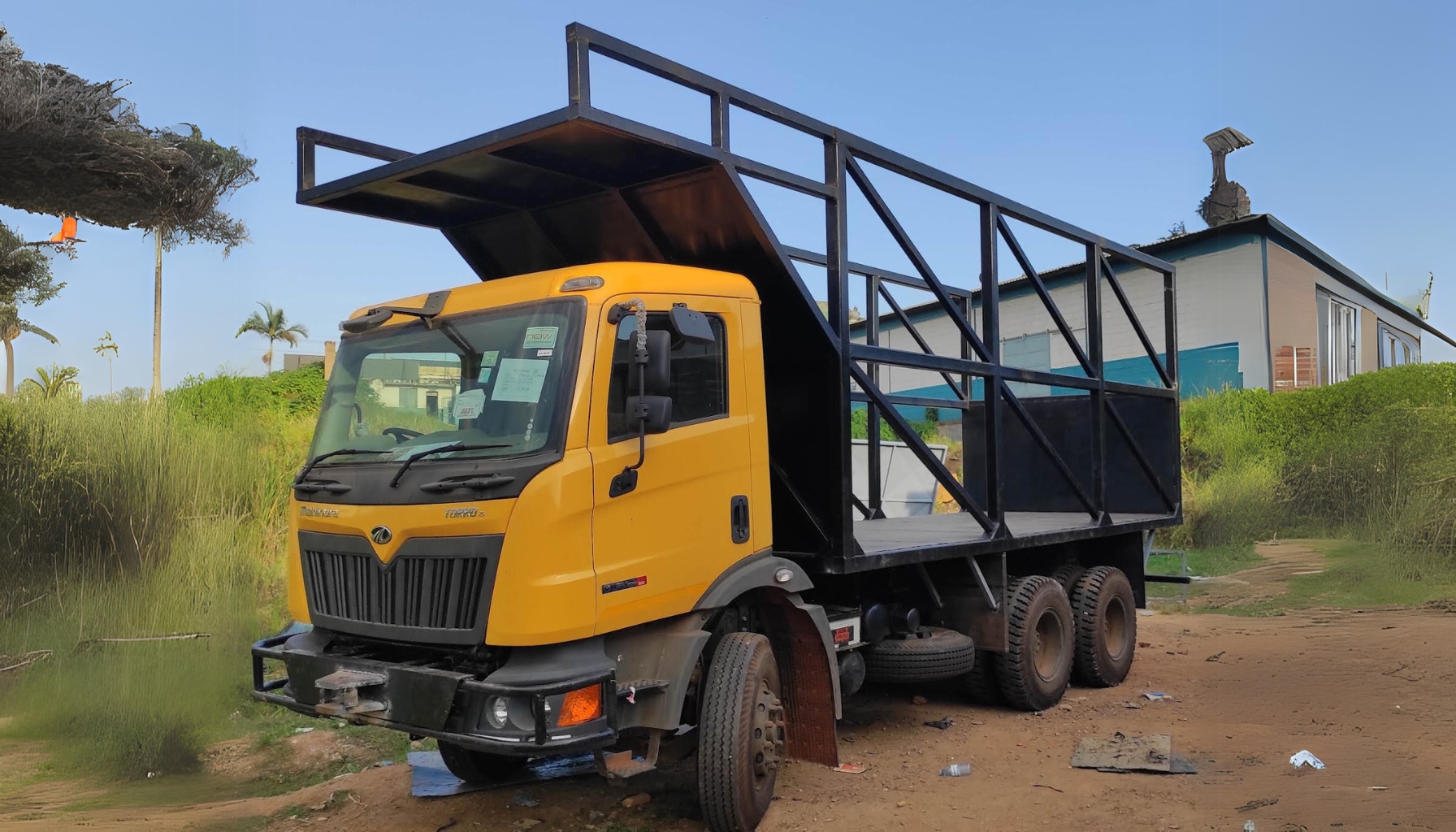
In the world of transportation, vehicles are more than machines—they’re the backbone of countless industries. From carrying raw materials across construction sites to transporting goods to remote regions, vehicles must perform reliably in demanding environments. Behind these workhorses of industry lies a process that has evolved dramatically over the years: vehicle body building. Today, advanced steel fabrication has revolutionised how vehicles are designed and built, setting new standards for efficiency, durability, and performance.
A Look Back: The Origins of Vehicle Body Building
Before technology transformed the industry, vehicle body builders relied on manual methods. Sheets of steel were cut, bent, and welded by hand to create frames capable of bearing heavy loads. These vehicles were functional but far from optimised. Designs were often heavy and imprecise, leading to high fuel consumption and wear over time.
As industries like construction, agriculture, and logistics grew, so did the demands placed on vehicles. This marked a turning point for commercial vehicle body builders, who recognised the need for innovation to meet these new challenges. Over time, technology introduced tools and techniques that reshaped the way vehicle bodies were constructed.
The Turning Point: Advanced Steel Fabrication
With the advent of advanced steel fabrication, the vehicle body building process entered a new era. Technologies like laser cutting, robotic welding, and computer-aided design (CAD) introduced levels of precision that were previously unimaginable. Vehicles could now be designed to meet specific needs while using materials more efficiently.
One significant advantage was the ability to create lighter, stronger vehicle bodies. For example, tipper truck body builders began using high-strength steel alloys, which allowed tippers to carry heavy loads while reducing overall vehicle weight. This wasn’t just about saving fuel—it also improved vehicle performance and reduced wear on mechanical components.
For industries like sugar production, these innovations were game-changers. In vehicle body building for sugar factory operations, where trucks transport large quantities of sugarcane over long distances, lightweight yet durable designs became essential. Advanced fabrication ensured vehicles could handle the rough terrain of rural areas without compromising their efficiency.
Precision in Vehicle Construction
One of the most exciting developments brought about by advanced steel fabrication is the precision it offers. Today, commercial truck body builders can design every component of a vehicle using CAD software, ensuring optimal weight distribution, structural integrity, and load capacity before construction even begins.
For instance, in vehicle body building for concrete industry applications, vehicles need to carry extremely heavy loads while maintaining stability. Advanced steel fabrication allows for designs that minimise material waste while ensuring every weld and joint can handle the pressure of transporting concrete. This combination of strength and precision has transformed how vehicles are built for demanding sectors.
Similarly, in vehicle body building for cement industry operations, durability is critical. Cement is abrasive and heavy, requiring vehicles that can endure constant wear. High-strength materials and robotic welding create bodies that are both tough and long-lasting, ensuring businesses can rely on their fleets for years to come.

Adapting to Industry Needs
What makes advanced fabrication so impactful is its ability to meet the diverse needs of different industries. Lorry body builders have embraced these technologies to create vehicles capable of hauling goods over long distances, ensuring durability without excessive weight. The rising cost of operations has also pushed innovations that help businesses reduce fuel consumption and maintenance expenses.
Similarly, pickup body builders focus on designing compact vehicles that are both versatile and durable. For industries requiring smaller, more agile vehicles—whether for urban logistics or light rural work—customised solutions ensure maximum efficiency.
In the construction sector, tipper body building has become a specialised craft. Vehicles used on construction sites must endure heavy loads, rough terrain, and constant use. Advanced fabrication techniques ensure these vehicles are built to handle the job, whether it’s transporting gravel, soil, or other materials.
Cost-Effective Solutions Through Technology
While advanced steel fabrication has revolutionised the performance of vehicles, it has also made the production process more efficient. Techniques like laser cutting and robotic welding reduce material waste and streamline construction. This helps lower costs for both builders and clients, particularly in industries like vehicle body building for heavy machine industries, where the vehicles themselves are significant investments.
For businesses searching for cost-effective solutions, innovations in lorry body building have been particularly valuable. By reducing the weight of lorry bodies while maintaining their strength, builders can offer vehicles that consume less fuel and require less frequent maintenance—a win for both businesses and the environment.
Future of Vehicle Body Building
The future of vehicle body building is bright, with ongoing advancements in materials science and automation continuing to push the boundaries of what’s possible. Lighter, more durable materials are being developed, and automation is enhancing precision and efficiency.
Despite these innovations, one thing remains constant: the expertise of the people behind the builds. It’s not just about technology—it’s about understanding the industries these vehicles serve and designing solutions that meet their unique needs. Whether it’s a small truck body builder crafting a delivery vehicle or a team creating specialised vehicles for industrial applications, the human element will always play a central role.
Conclusion
Advanced steel fabrication has transformed vehicle body building into a precise and innovative craft. Whether it’s creating tipper trucks for construction, lorries for logistics, or custom vehicles for agriculture, these advancements are helping businesses perform more efficiently and sustainably. As technology continues to evolve, so too will the vehicles that power industries, ensuring they remain reliable partners in growth for years to come.

Founder & CEO
Mukesh Patel is the Founder & CEO of Build Matt ltd, specializing in Pre-Engineered Buildings (PEB) and general steel fabrication. With advanced technology, modern machinery, and a skilled workforce, he delivers efficient and high-quality solutions across East and Central Africa, including Uganda, Kenya, Tanzania, Congo, South Sudan, Rwanda, and Burundi.
- CNC Plasma Cut Decorative Metal Panels: Revolutionizing Interior and Exterior Design
- Combining Roof Vents and Translucent Sheets for Better Airflow and Natural Lighting in Uganda Cities
- Top Design Trends in Steel Staircases for Modern Ugandan Buildings
- Steel Railings & Balustrades for Uganda Cities
- Modern Steel Silos & Hoppers : Transforming Grain Storage Efficiency in Uganda





